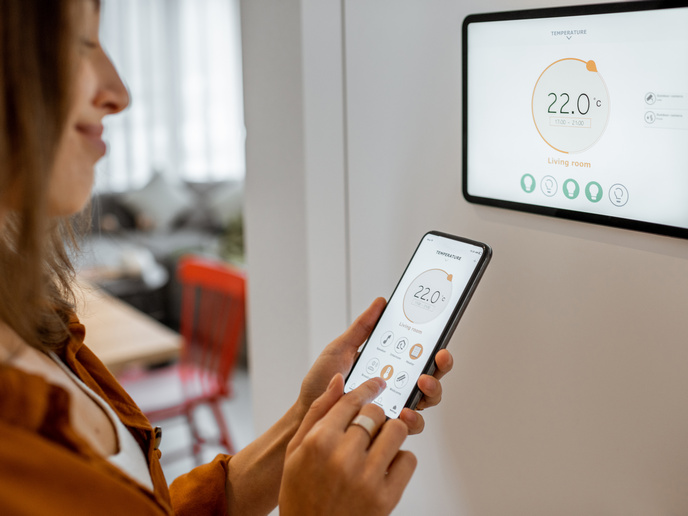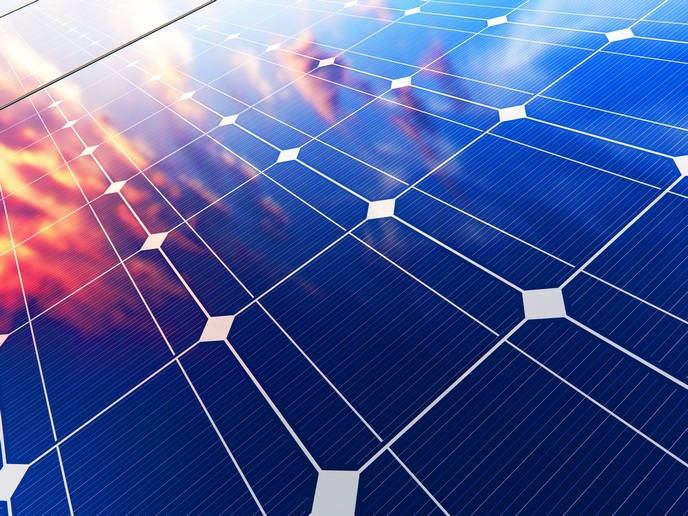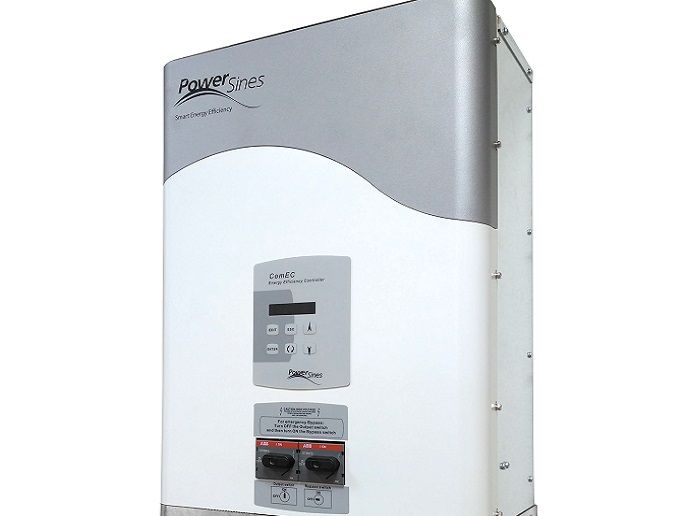Smart energy solutions that engage consumers
Europe is moving towards sustainable forms of energy and away from over-reliance on fossil fuels. This shift however is complicated by the variability of renewable energy production, influenced by factors such as wind and daylight, as well as peak demand periods that often coincide with low renewable output. This mismatch leads to prices ranging from high to low or even negative prices (getting paid for using electricity). A key challenge therefore is optimising the integration of renewables into the power grid while ensuring efficiency and sustainability. Consumers need to feel empowered to make informed energy choices, such as shifting usage to lower-price periods.
Citizens at the heart of energy transition
These were the central objectives of the EU-funded SENDER(opens in new window) project. Bringing together an interdisciplinary team of academic, industry, government and civil society experts, the project set out to design and develop smart energy solutions that engage consumers and prosumers (those who both produce and consume electricity) in co-creating energy demand-response mechanisms. “We began by identifying key technological gaps,” explains SENDER innovation coordinator Ahmed Hedar from Smart Innovation Norway(opens in new window). “These included maximising the use of next-generation energy services, creating AI-driven ‘digital twins’ to represent consumer behaviour, and deploying smart home solutions.” Consumer-centric gaps included early application of co-creation methods, and the development of business models that share profits fairly between developers, system operators and consumers. “Working directly with citizens helped us build trust and encourage wider adoption,” adds Hedar. “A total of 46 stakeholders participated in co-creation sessions at three demonstration sites in Austria, Finland and Spain.”
Smart water heaters, artificial intelligence and EV charging
Demonstration pilots were successfully trialled in nearly 400 households across the three participating countries. Over 180 000 citizens were reached through targeted campaigns in Austria, Finland and Spain. The pilots(opens in new window), developed through co-creation, included the installation of smart water heaters in Finland, application of artificial intelligence (AI) algorithms to predict energy consumption, and integration with EV charging stations. In total, 10 different energy and non-energy services were packaged in developed business models by the end of the project. “We also developed an exploitation roadmap based on market conditions, technical and regulatory analyses and evidence from the pilots,” says Hedar. “The roadmap and business models lay a foundation for commercialisation. We’re not quite there yet, but supportive policies and emerging innovations are bringing us closer to realising this potential.”
Smart energy and smart home technologies
The SENDER project nonetheless represents an important milestone in encouraging the adoption of smart energy and smart home technologies. “The project empowers consumers by placing them at the centre of energy innovation,” notes Hedar. “Our aim was to enhance convenience, support behavioural engagement, and promote economic fairness through cost reductions and fair distribution of value across all stakeholders.” At the household level, greater awareness and adoption of the project’s solutions will increase the use of local renewable energy, helping to reduce fossil fuel reliance. System-wide, the uptake of smart energy usage will alleviate pressure on infrastructure and accelerate the integration of cheaper renewable energy, lowering prices. Ultimately, this will lead to a more sustainable energy(opens in new window) future for Europe, without the immediate need for costly grid reinforcements or reliance on foreign fossil fuels.







